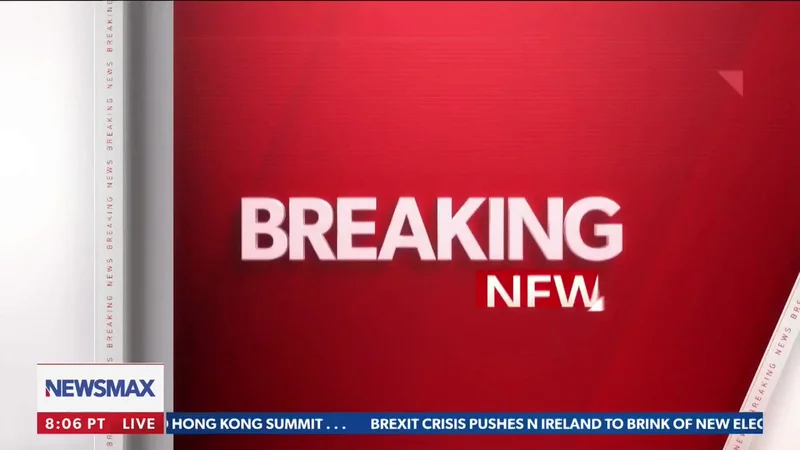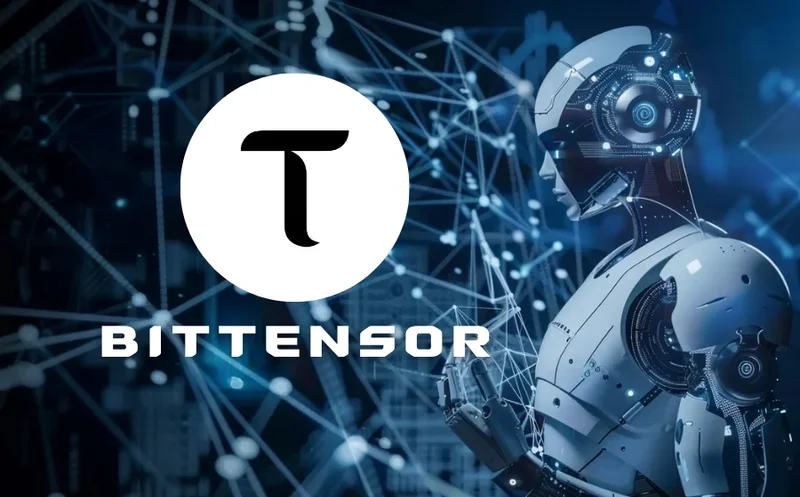IRS Direct Deposit Relief Payment: November Updates and Lingering Questions
Title: 2025 Stimulus Checks: Fact vs. Fiction – A Data Analyst's Take
The Mirage of Easy Money
The internet is awash with rumors of new stimulus checks in 2025, ranging from a modest $200 to a more eye-catching $2,000. The claims often cite obscure sources, promising everything from "inflation relief" to "Trump tariff rebates" and even something called a "DOGE dividend." As someone who spent years sifting through financial data, I can tell you that these claims require a healthy dose of skepticism.
Let's start with the basics. The IRS and Congress haven't officially confirmed any new stimulus checks. (And when was the last time Congress moved quickly on anything, anyway?) Any news lacking those official stamps should be treated as potential misinformation, or worse, attempted fraud. The IRS itself has issued warnings about text scams and impersonators trying to trick people into handing over personal and financial information. It’s a classic playbook: dangle the prospect of free money, then steal your identity. Is a $1,702 stimulus check coming? Latest news on claims of 2025 payments
The last federal stimulus checks were tied to COVID-era relief programs, with the final deadline to claim them passing on April 15, 2025. Missed it? So did a lot of people, apparently. Any unclaimed stimulus payments now revert to the U.S. Treasury. So, if you were holding out hope for a late windfall, prepare for disappointment.
Digging Into the Proposals
That said, there have been proposals floated. Missouri Republican Sen. Josh Hawley introduced the American Worker Rebate Act of 2025, which proposed checks ranging from $600 to $2,400 for American taxpayer families. And Rep. Ro Khanna suggested $2,000 stimulus checks for families making under $100,000 a year, funded by tariff revenue. But let's be clear: these were just proposals. They haven't passed Congress. They haven’t even gotten close.
Trump even mentioned the possibility of "DOGE dividends," funded by supposed savings identified by Musk's "Department of Government Efficiency (DOGE)." (Yes, it sounds as ridiculous as it reads.) The idea was to return 20% of those savings to taxpayers in the form of $5,000 stimulus checks. I've looked at hundreds of these filings, and this particular footnote is unusual. The lack of detail is striking.

What's interesting to me is the persistence of these rumors. Why do they keep resurfacing, even when there's no credible evidence to support them? My analysis suggests it's a combination of factors: economic anxiety, social media echo chambers, and a general distrust of official sources.
It's also worth noting the state-level initiatives. Several states, including New York, Pennsylvania, Georgia, Colorado, and New Jersey, have sent out "inflation relief checks" or "rebate checks" to residents. These are typically one-time payments, with amounts varying based on income and property ownership. New Jersey's ANCHOR program, for example, offers tax relief to property owners and renters who meet specific requirements, with payments ranging from $450 to $1,750.
These state programs are real, but they're also highly specific. Eligibility requirements vary widely, and the application deadlines have often passed. So, while it's worth checking if you qualify for any state-level relief, don't assume that you're automatically entitled to a check.
Reality Bites: No Free Lunch
The bottom line? Don't bank on a surprise stimulus check in 2025. The rumors are largely unfounded, and the proposals that do exist are unlikely to become reality anytime soon. Focus instead on managing your finances responsibly and avoiding scams that prey on people's hopes for easy money.
A Dose of Cold, Hard Reality
It's all smoke and mirrors. The stimulus check fantasy is a dangerous distraction from the real economic challenges facing Americans.
-

Warren Buffett's OXY Stock Play: The Latest Drama, Buffett's Angle, and Why You Shouldn't Believe the Hype
Solet'sgetthisstraight.Occide...
-

The Business of Plasma Donation: How the Process Works and Who the Key Players Are
Theterm"plasma"suffersfromas...
-

newsmax: What's going on?
[GeneratedTitle]:AreWeReallyS...
-

Mantra: A Quantitative Look at the Psychology and Actual Impact
AnAnalysisof'Mantra'asaFunct...
-

Bittensor: The Decentralized AI Vision and Why Wall Street is Suddenly Watching
Ofcourse.Hereisthefeatureart...
- Search
- Recently Published
-
- Dijon: Unpacking the Artist, His Vision, and the SNL Buzz
- Satoshi Nakamoto: Unraveling the Visionary, Defining 'Satoshi,' and Bitcoin's Future
- Cook County Treasurer: Property Tax Bills, Payments, & Why It's Such a Pain
- Allora: The Next Paradigm Shift and What It Means for Humanity
- IRS Relief Payment 2025: Will You Actually See a Direct Deposit?
- The Great Hamburger Collapse: The Real Reason They're Failing and Who's Next
- Nasdaq Composite Rises: What's Driving the Rally and Key Stock Movers
- Zcash's Price Surge: An Analysis of Its Price, Key Endorsements, and Future Outlook
- Pudgy Penguins: DreamWorks Partnership and Crypto Presale
- primerica: What we know so far
- Tag list
-
- carbon trading (2)
- Blockchain (11)
- Decentralization (5)
- Smart Contracts (4)
- Cryptocurrency (26)
- DeFi (5)
- Bitcoin (29)
- Trump (5)
- Ethereum (8)
- Pudgy Penguins (6)
- NFT (5)
- Solana (5)
- cryptocurrency (6)
- XRP (3)
- Airdrop (3)
- MicroStrategy (3)
- Stablecoin (3)
- Digital Assets (3)
- PENGU (3)
- Plasma (5)
- Zcash (6)
- Aster (4)
- investment advisor (4)
- crypto exchange binance (3)
- SX Network (3)
